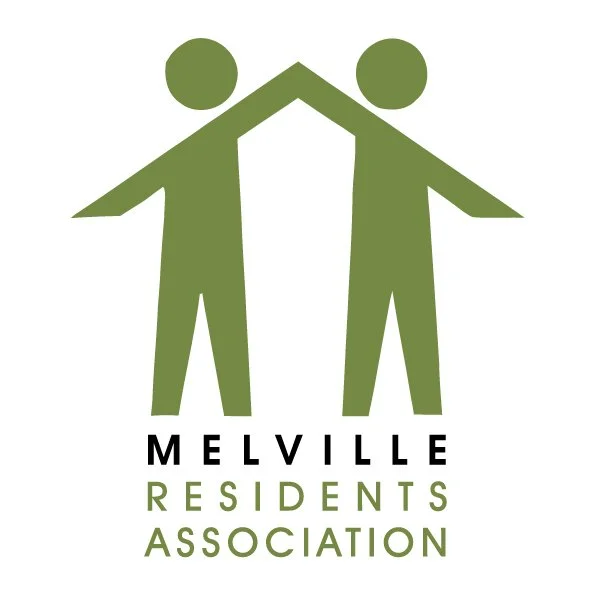City of Johannesburg Draft Commune Policy: What’s Changing and Why We’re Concerned
The City of Johannesburg has released a draft revision of its Commune Policy (February 2025) and invited public comment. The Melville Residents’ Association (MRA) has submitted a formal response and encourages all residents to review the changes and understand what’s at stake for our suburb.
What is the Draft Policy About?
The draft aims to replace the 2009 Commune Policy and applies to all residential stands zoned “Residential 1” in the City of Johannesburg where more than one non-related person shares a dwelling with shared facilities (bathroom, kitchen, etc.).
Key features include:
New application process to register a commune with a two-year window for compliance.
Building plan approval and site inspections by the City Development and Planning department.
30m notification radius to surrounding property owners (down from 100m).
Maximum of 5 rooms per property – regardless of the number of occupants.
Landlord compliance requirements including proof of ownership, zoning certificates, title deed, and affidavit of responsible management.
The policy also outlines penalties and property blacklisting for non-compliance.
Why the MRA is Opposed
While the MRA supports the need to regulate and manage communes, the current draft policy fails to address critical community concerns:
Zoning Contradiction
Communes are residential in function but commercial in nature (often run as income-generating enterprises). They should be treated under business-use zoning, not merely “Residential 1.”
Notification Radius is Too Narrow
A 30m radius often equates to just 1–2 neighbouring properties, leaving the broader street and community unaware of changes that could affect them.
No Enforcement Clarity
Past policies have lacked proper enforcement. The new policy again provides no dedicated budget or task team, making it toothless in managing rogue landlords or illegal conversions.
Oversupply in Melville
The suburb already has an excessive number of unregulated communes. The policy should ensure new applications are only granted in areas of need, not in saturated nodes like Melville.
No Community Impact Assessment
The draft does not consider how the density, character, and infrastructure of suburbs like Melville are impacted by commune clustering. There is also no limit proposed on how many communes can exist per block.
Loopholes for Dormitories & Student Housing
The policy appears to exempt student housing and boarding houses from the commune definition – allowing developers to exploit these loopholes and avoid oversight.
What Happens Next?
The City’s deadline for public comments has passed, but the MRA will continue engaging with officials and advocating for a fair, enforceable, and balanced policy that protects both residents and responsible landlords.
If you’d like to read the full MRA submission, you can view it here.
Our Stance at a Glance
The MRA supports fair and balanced regulation of communes, but we strongly oppose the current draft for the following reasons:
Notification Radius Too Small
The proposed 30-metre radius for notifying neighbours is insufficient. We believe a minimum of 100 metresshould be maintained to ensure proper community consultation.
Inappropriate Zoning Classification
Communes function as income-generating businesses and should not be allowed under “Residential 1” zoning. We call for a clear rezoning to “Business” for all commune applications.
Room Limit Doesn’t Address Impact
While the draft limits communes to five rooms, it doesn’t consider actual occupancy or infrastructure pressure. We recommend a stricter limit of 3–4 rooms, depending on erf size.
No Enforcement Mechanism
There’s no budget, enforcement team, or strategy to ensure compliance. Without real enforcement, the policy is ineffective and open to abuse.
Loopholes for Student Housing and Dormitories
Exempting boarding houses and student accommodations allows developers to bypass the rules. All multi-occupancy dwellings must be held to the same standards.
No Density or Saturation Controls
The policy doesn’t address over-concentration of communes in already saturated suburbs like Melville. There must be a cap on the number of communes per block or area.
Stay Involved
The MRA will provide updates on future developments. If you’re concerned about overdevelopment, unregulated communes, or how policy changes affect your street — get involved and attend our monthly meetings.

